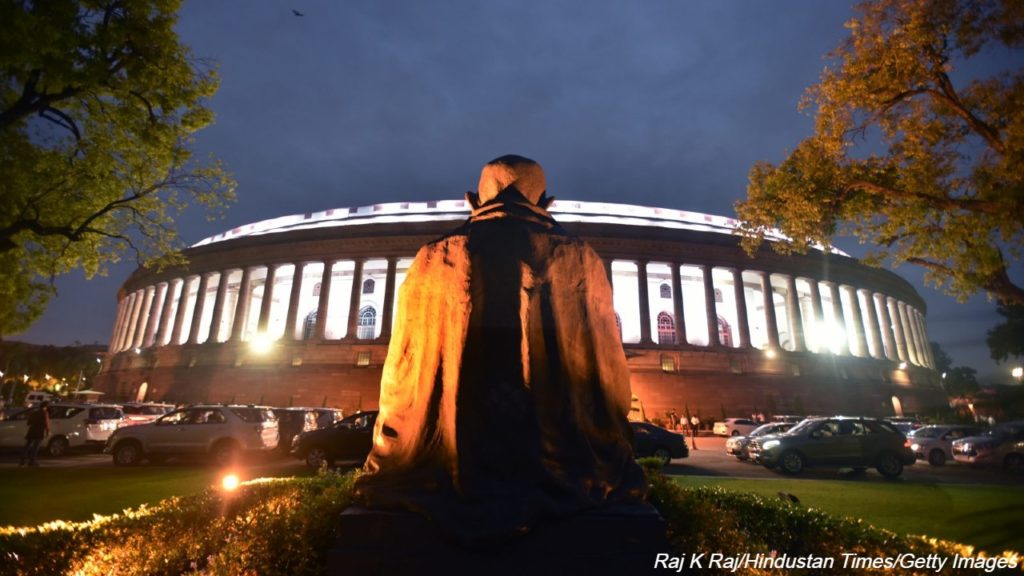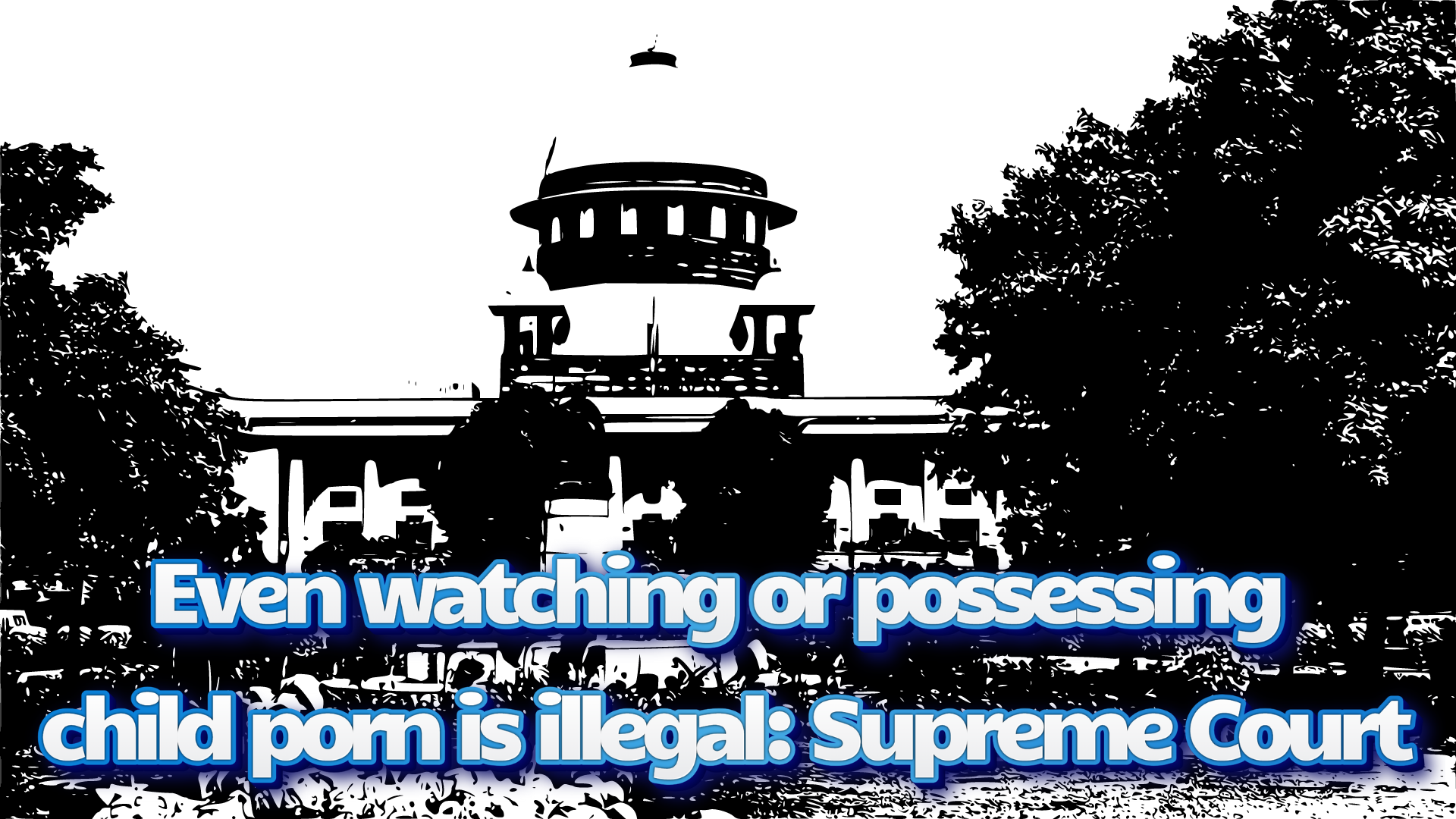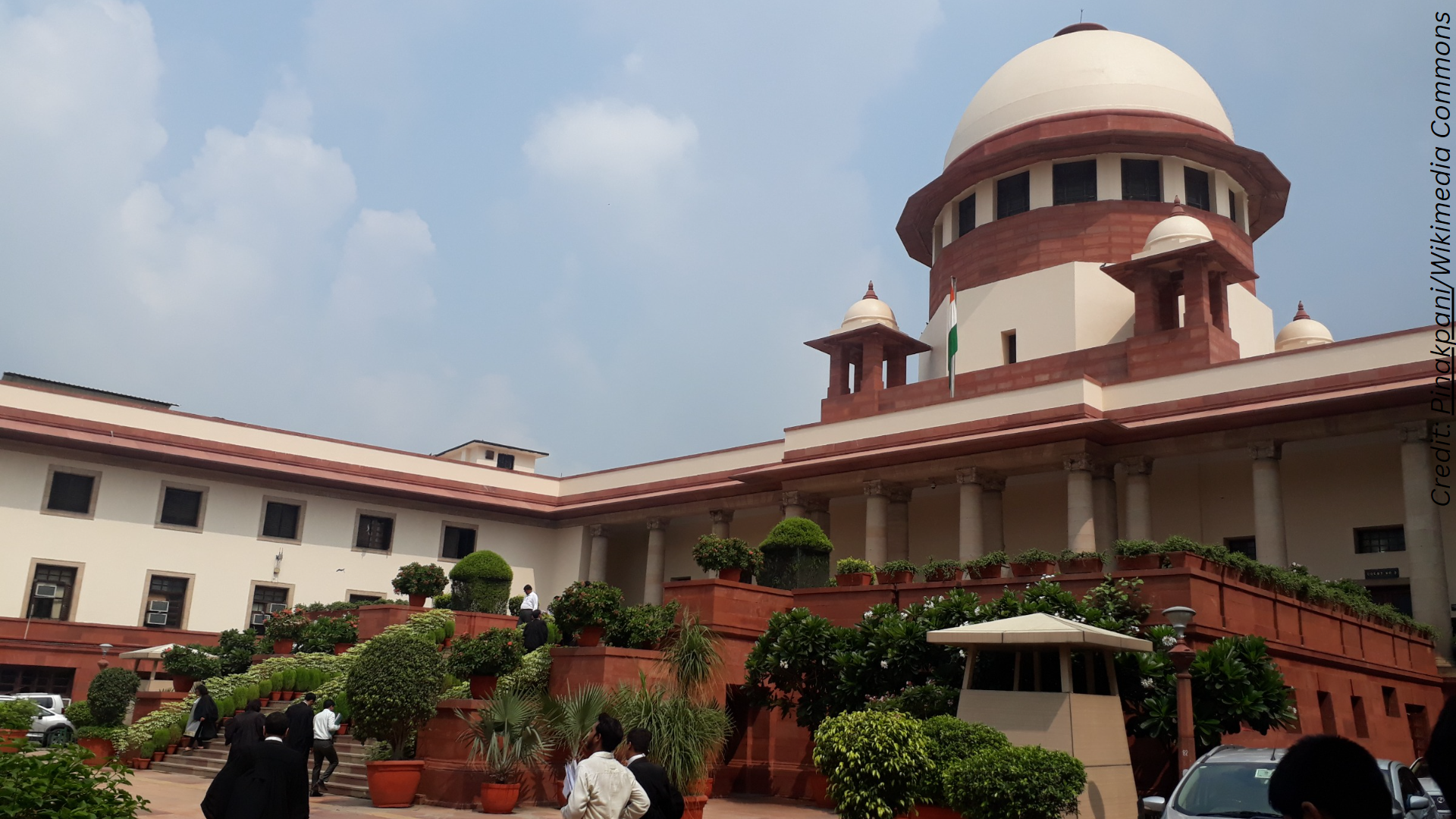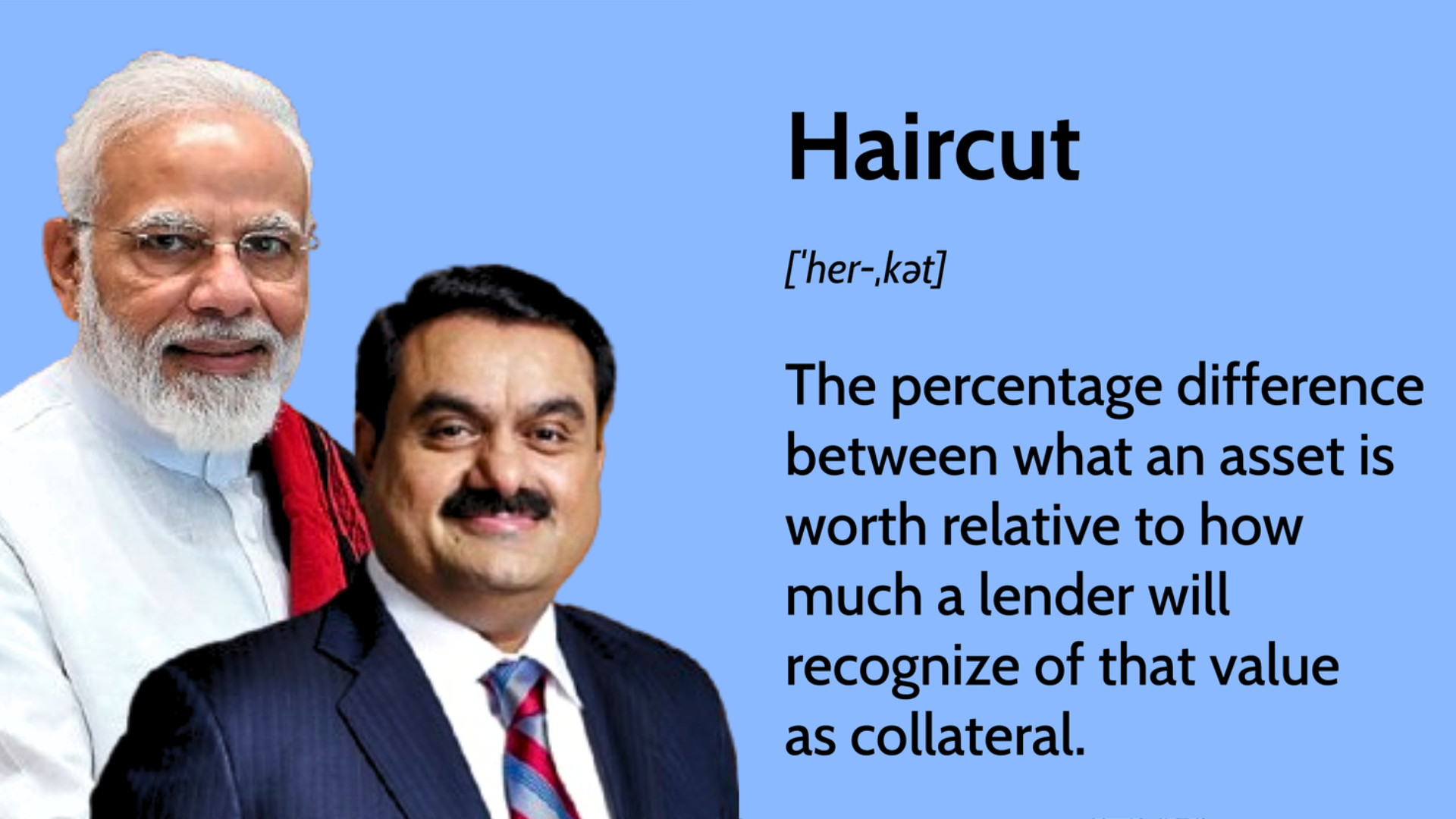Parliament: Public consultation and legislative scrutiny of bills going down

A disturbing trend being seen ever since the Prime Minister Narendra Modi-led government came to power in 2014 is that consultative processes regarding bills, an essential aspect of parliamentary democracy, has been going down steadily. Sixty per cent of the bills to be introduced in the winter session saw no public consultation, while the percentage of bills referred to parliament standing committees has also become abysmally low.
Parliamentary processes have gone for a toss in the Prime Minister Modi-led governments. The BJP, taking advantage of its majority in the Lok Sabha, has made a mockery of discussions, passing many critical bills hurriedly. Sending bills to parliamentary standing committees and putting them out for public consultation have also become a rarity.
Pre-legislative consultation
The government has listed 29 bills for passing during the winter session of the Parliament starting on November 29—26 new and three pending. Among them, listed for the first day is the Farm Laws Repeal Bill, to take back the three controversial agricultural or farm laws passed during the monsoon session in 2020.
However, the point to note is that, of these 29, as high as about 60 per cent, or 17 of the bills, saw no public consultation and feedback before being listed for introduction in Parliament.
This goes against the Pre-Legislative Consultation Policy (PLCP) was formulated by the government of India in February 2014 which mandates departments to proactively publish proposed legislation on the internet and/or other public domains, and for the details to be kept in the public domain for a minimum period of 30 days, accompanied by an explanatory note on the key legal provisions in a simpler language.
Among the key bills that did not go through public scrutiny and feedback under the PLCP 2014 are key financial and commercial sector bills the Cryptocurrency and Regulation of Official Digital Currency Bill, 2021, Insolvency and Bankruptcy (Second Amendment) Bill, 2021, Banking Laws (Amendment) Bill, 2021, Pension Fund Regulatory and Development Authority (Amendment) Bill, 2021, Energy Conservation (Amendment) Bill, 2021 and Chartered Accountants, the Cost and Works Accountants and the Company Secretaries (Amendment) Bill.
Although the government shared 12 draft bills in the public domain for comments, six of them did not follow the rule of a thirty-day deadline.
According to researchers Arun PS and Sushmita Patel, in the five years of the Prime Minister Narendra Modi-led NDA-2 government, between June 2014 and May 2019, more than 76 per cent of the bills introduced had zero public consultation.
Worryingly, in half that time, that in the two-and-a-half years of the NDA-2 government, between June 2019 and November 2021, that figure has already touched 73 per cent.
Legislative scrutiny
Coming to legislative scrutiny—that is, sending bills analysis by parliamentary standing committees, which hold discussions with various stakeholders to finetune the bill to be presented to parliament—the NDA-2 and NDA-3 years have seen this tradition almost trashed.
The percentage bills scrutinised by Parliament during UPA-1 (14th Lok Sabha, 2004-09) was 60, which went up to 71 during UPA-2 (2009-14).
The number has come down drastically since then. During the BJP-led NDA-2 government’s time, that is, the 16th Lok Sabha from 2014-19, only 25 per cent of the bills introduced in either house of Parliament were sent for parliamentary standing committee scrutiny, a number which has come further down to just 11 per cent in the two-and-a-half years of NDA-2.







